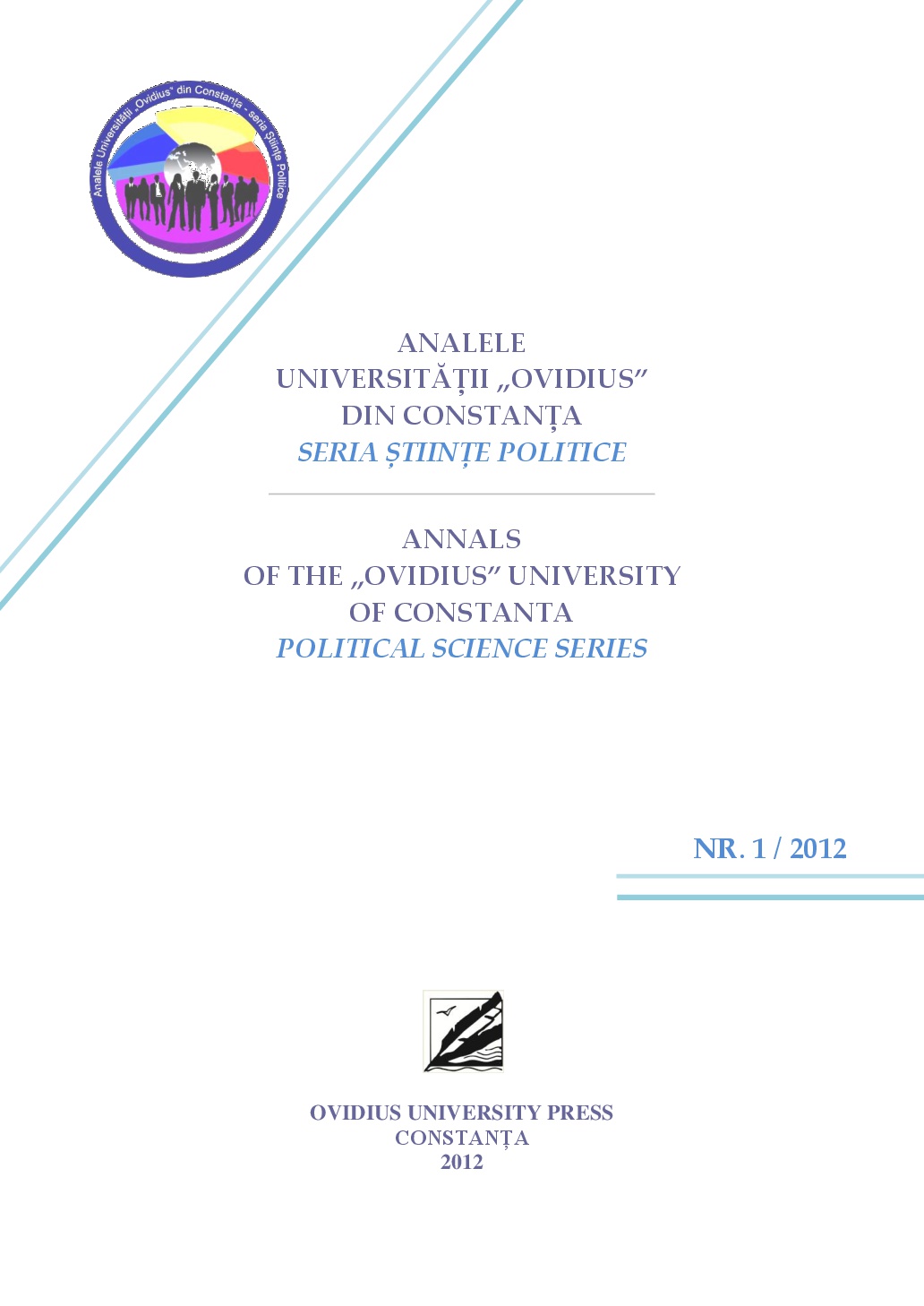The Social Aspects of Political Communication
The Social Aspects of Political Communication
Author(s): Mihaela RusSubject(s): Politics / Political Sciences
Published by: Ovidius University Press
Keywords: political comunication; political class; political linguistics; political discourse; propaganda
Summary/Abstract: Political communication science arose from the interdisciplinary research (sociological, political, linguistic, communication sciences) of the 50s. Initial studies were conducted by Walter Lippman and were continued at Columbia University School. Over the next two decades, the research horizon expanded and the technological progress (in particular the development of broadcasting), which involved an extension of political communications, led to new available means of ensuring efficiency and performance. In the broad framework of socio-linguistic perspectives, developments and approaches, “political linguistics” research the fundamental forms and functions of political discourse. Most studies analyse the extent to which the political discourse contributes to the expansion and strengthening of the political class. Research is focused on the approach and treatment of various minority or disadvantaged groups and on their opportunities to express their opinions against the general political consensus. The “political linguistics” also study the means of infiltration for political power within various types of public communications through the use of myths, symbols and stereotypes.
Journal: Annals of the Ovidius University of Constanta - Political Science Series
- Issue Year: 1/2012
- Issue No: 1
- Page Range: 139-149
- Page Count: 11
- Language: English

